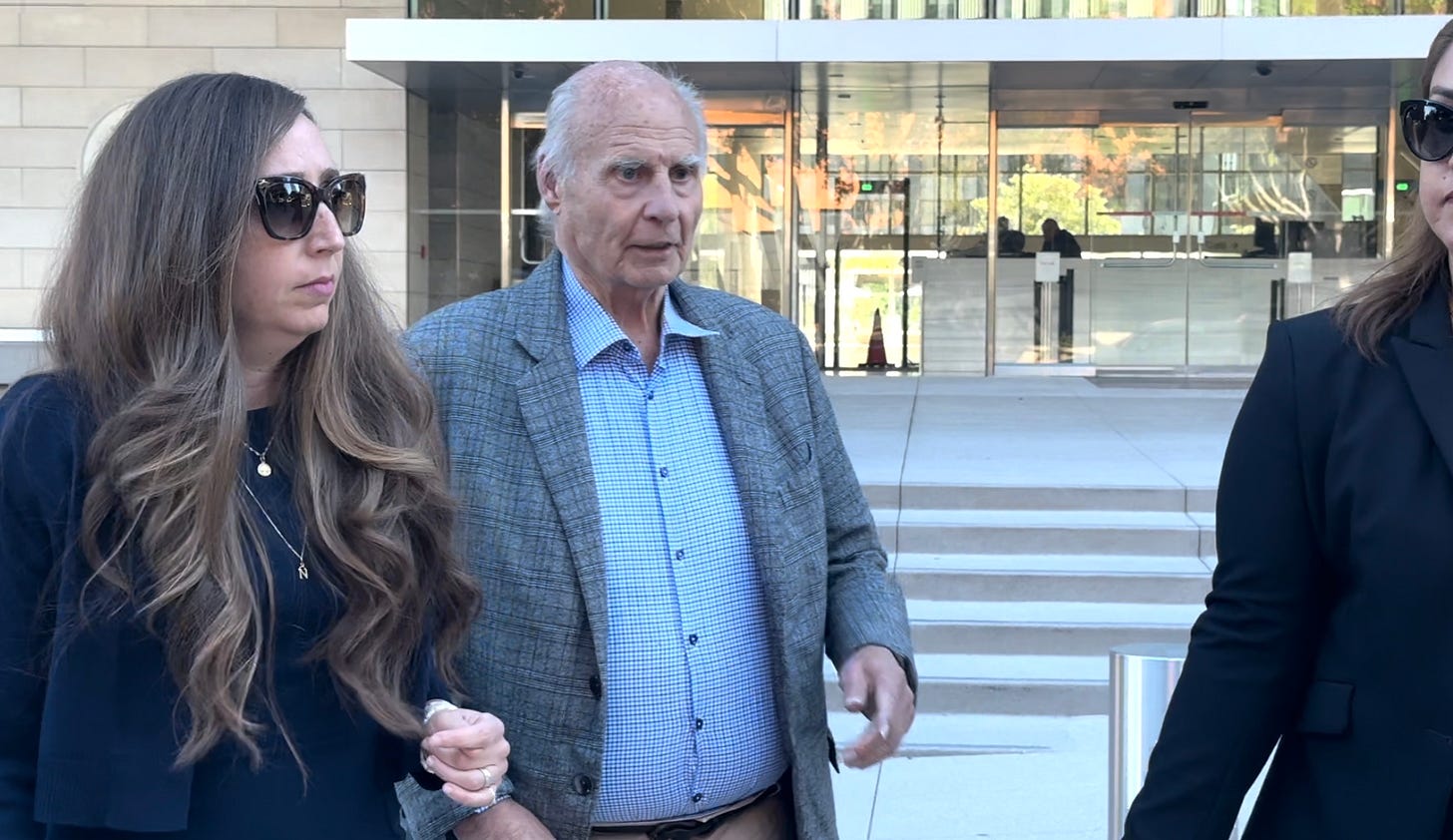In stunning testimony, Girardi says he'd 'go crazy' if he knew of accountant's theft
The disbarred lawyer took the witness stand Thursday in his own defense on federal wire fraud charges. Closing arguments are scheduled for Monday morning.

In a sensational twist to his federal criminal trial, disbarred lawyer and former Real Housewives of Beverly Hills


